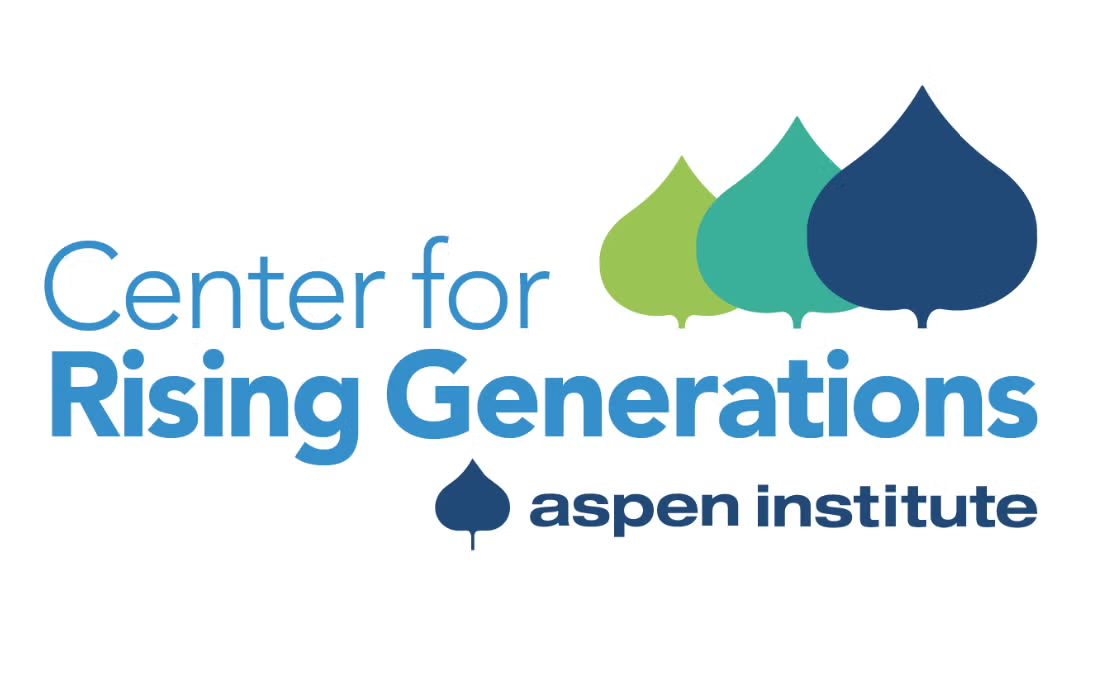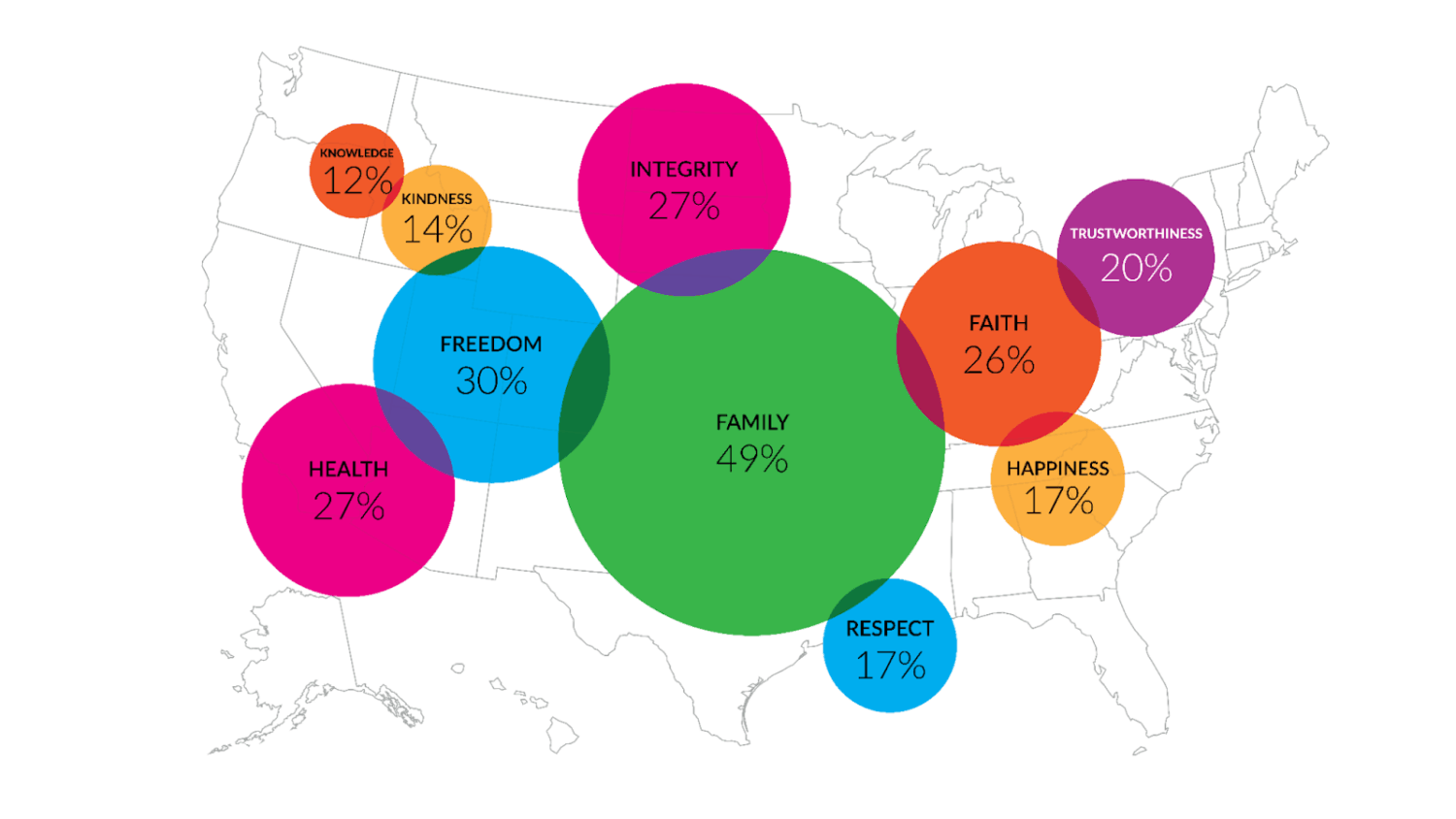The report unveils a policy agenda of new ways to promote shared prosperity and restore the promise of work.
Contact:
Conor McKay
The Aspen Institute
Conor.McKay@aspeninstitute.org
WASHINGTON, DC Jan. 12, 2017
— Today, the Aspen Institute’s Future of Work Initiative – led by honorary co-chairs U.S. Senator Mark Warner of Virginia and Purdue University President and former Governor of Indiana Mitch Daniels – released a marquee new report on challenges facing the future of work and capitalism in America, and unveiled a policy agenda of new ways to promote shared prosperity and restore the promise of work.
Senator Warner, Governor Daniels, bipartisan co-chairs John Bridgeland and Bruce Reed, and a team at the Institute criss-crossed the country to ask entrepreneurs, workers, thinkers, and civic leaders how best to revitalize capitalism to make it work better for everyone. The resulting report – “Toward a New Capitalism” – offers a pointed analysis of the sweeping impact of innovation, competition, and automation on the nature and rewards of work and the workplace.
“Toward a New Capitalism” examines how the forces of technology, global competition, and corporate short-termism are combining to disrupt the nature of employment in America – often with adverse effects on workers’ economic security and upward mobility, particularly among those in lower income strata. While these trends have helped modernize the economy, some changes have come at the expense of people who work for a living – making it harder for many Americans to find jobs with rising wages, access to affordable benefits and protections, and the skills training to advance and get ahead. Moreover, these changes are undermining the uniquely American bargain that anyone willing to work hard and play by the rules should have the chance to go as far as their ability and drive will take them, which has consequences for our country’s economy and social cohesion.
The report is accompanied by a broad policy agenda that offers a unique approach to addressing these important challenges – one that seeks to embrace the forces of the modern economy in shaping a brighter future of work, rather than simply trying to bring back the economy and jobs of the past. This agenda focuses on harnessing the power of innovation and competition to help make work more of a mutual enterprise between workers and businesses, so that all stakeholders can benefit from economic prosperity. It calls for giving businesses a greater stake in their workers through tax incentives, and giving workers a greater stake in the businesses for which they work through worker ownership. It also offers proposals to give businesses greater freedom to invest in the long run, and promotes worker-friendly practices through improved disclosure and metrics. Finally, the agenda also seeks to empower workers to take control of their economic future by making benefits more portable, providing a skills-based credentialing system, and reforming unemployment insurance to promote labor mobility.
In a foreword to the report, Senator Warner and Governor Daniels write, “The future of work is too uncertain and the pressures of innovation and competition too fierce to expect companies to solve all these problems on their own. Likewise, the 21st century is too complex and the gears of bureaucracy too slow to expect government to solve it all, either. The same entrepreneurial spirit of invention that made American capitalism the engine of economic and social mobility must be brought to envisioning the next stage of capitalism to ensure every American has the chance to get ahead again.”
The message from the 2016 Presidential election is clear: the American people are frustrated with an economy that seems to benefit everyone but them, and a political system that too often fails to understand the challenges or offer real solutions. The Future of Work Initiative is built in the spirit of nonpartisanship and collaboration, and seeks to offer common-sense policy solutions to real problems Americans are facing – and this new report does just that, by providing a new way of understanding the issues and fresh solutions that transcend ideology. As the new Administration and Congress turn toward these important issues, this report helps set the standard for a new, constructive, and forward-thinking policy approach.
About the Aspen Institute
The Future of Work Initiative is a nonpartisan effort to identify concrete ways to strengthen the social contract in the midst of sweeping changes in the workplace and workforce. The Initiative is focused on two key objectives: first, to advance and protect the economic interests of Americans in the independent workforce, including those in the rapidly growing on-demand economy; and second, to inspire a 21st-century capitalism which rewards work, fuels innovation, and promises a brighter future for businesses and workers alike. The Initiative is driven by the leadership of Honorary Co-Chairs Senator Mark Warner and Purdue University President Mitch Daniels with Co-Chairs John Bridgeland and Bruce Reed. For more information visit www.aspeninstitute.org/futureofwork.
The Aspen Institute is an educational and policy studies organization based in Washington, DC. Its mission is to foster leadership based on enduring values and to provide a nonpartisan venue for dealing with critical issues. The Institute is based in Washington, DC; Aspen, Colorado; and on the Wye River on Maryland’s Eastern Shore. It also has offices in New York City and an international network of partners. For more information, visit www.aspeninstitute.org.





